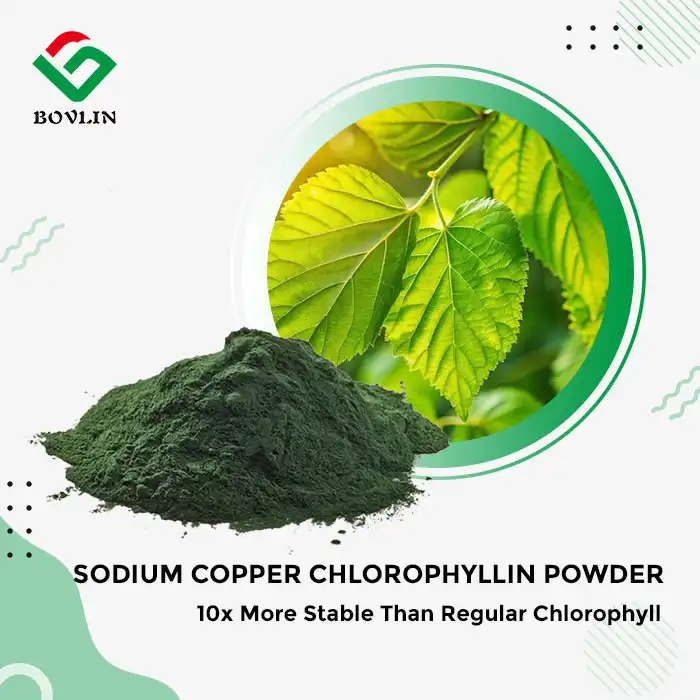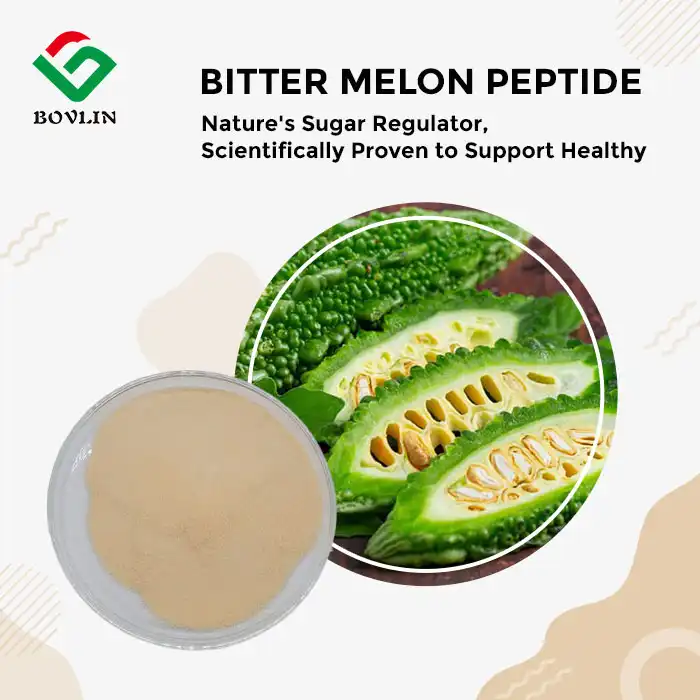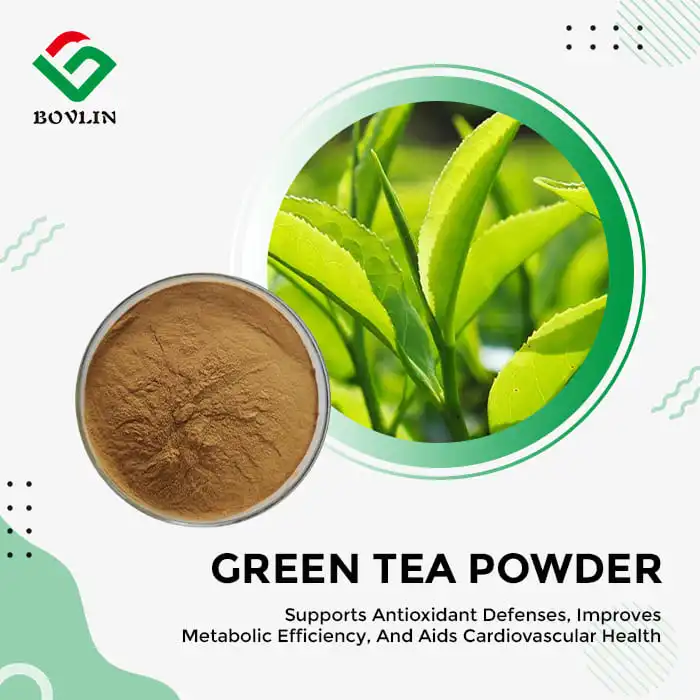What Are the Formulation Challenges and Solutions?
Overcoming Bitterness
One of the primary challenges in formulating with bitter melon peptide is managing its inherent bitterness. This characteristic taste can be off-putting to consumers and may affect the overall palatability of the functional food product. To address this issue, food scientists have developed several innovative solutions. Encapsulation techniques, such as microencapsulation or nanoencapsulation, can effectively mask the bitter taste while preserving the peptide's bioactivity. Another approach involves using flavor modifiers or complementary ingredients that can balance or counteract the bitterness, creating a more appealing flavor profile.
Ensuring Stability
Maintaining the stability of bitter melon peptide throughout the food production process and shelf life is crucial. Peptides can be susceptible to degradation due to various factors, including temperature, pH, and enzymatic activity. To enhance stability, manufacturers can employ protective measures such as antioxidant addition, pH adjustment, or controlled-release systems. Additionally, selecting appropriate processing methods that minimize heat exposure and oxidation can help preserve the peptide's integrity and functionality.
Optimizing Bioavailability
Ensuring optimal bioavailability of bitter melon peptide in functional foods is essential for maximizing its potential health benefits. The complex food matrix can influence the absorption and utilization of the peptide by the body. Strategies to improve bioavailability include using delivery systems like liposomes or emulsions, which can enhance the peptide's solubility and absorption. Furthermore, combining bitter melon peptide with other bioactive compounds or nutrients that have synergistic effects can potentially boost its overall efficacy in functional food applications.
Stability, Taste Masking, and Bioavailability in Food Matrices
Stability Enhancement Techniques
Maintaining the stability of bitter melon peptide in various food matrices presents a significant challenge. However, several techniques have shown promise in addressing this issue. One effective approach is the use of microencapsulation, where the peptide is enveloped in a protective coating. This not only shields it from degradation but also allows for controlled release within the body. Another method involves the use of stabilizing agents, such as antioxidants or chelating compounds, which can protect the peptide from oxidation and other forms of degradation. Additionally, optimizing storage conditions, such as temperature and humidity control, can significantly extend the shelf life of functional foods containing bitter melon peptide.
Innovative Taste Masking Strategies
The bitter taste of bitter melon peptide and polypeptide k can be a significant barrier to consumer acceptance in functional foods. To overcome this, food scientists have developed various taste masking strategies. One approach is the use of cyclodextrins, which can form inclusion complexes with bitter compounds, effectively reducing their perception on the taste buds. Another innovative solution is the application of flavor-modulating ingredients that can suppress bitterness or enhance other flavors to create a more balanced taste profile. Some manufacturers have also explored the use of bitterness blockers, which are compounds that interfere with the bitter taste receptors, reducing the perceived bitterness of the product.
Enhancing Bioavailability in Food Systems
Ensuring optimal bioavailability of bitter melon peptide in functional foods is crucial for maximizing its potential health benefits. One effective strategy is the use of nanotechnology to create nano-sized particles of the peptide, which can significantly improve its absorption in the gastrointestinal tract. Another approach involves the use of enzymatic modifications to enhance the peptide's stability and absorption. Some researchers have also explored the potential of combining bitter melon peptide with other bioactive compounds that may have synergistic effects on absorption and efficacy. Additionally, the selection of appropriate food matrices that do not interfere with the peptide's bioavailability is an important consideration in functional food formulation.
Functional Beverages, Snack Bars, and Fortified Meals
Innovative Functional Beverage Formulations
Functional beverages offer an excellent platform for incorporating bitter melon peptide into consumers' diets. These drinks can range from ready-to-drink smoothies to fortified juices and sports drinks. In beverage applications, the challenge of bitterness can be addressed through careful flavor balancing. For instance, pairing bitter melon peptide with naturally sweet fruits like mango or pineapple can create a more palatable flavor profile. Some manufacturers have successfully incorporated the peptide into probiotic drinks, where the slight bitterness can complement the tangy notes of fermented beverages. Additionally, the use of advanced emulsion technologies can ensure even distribution and stability of the peptide in liquid formulations.
Nutrient-Dense Snack Bar Innovations
Snack bars present another exciting avenue for incorporating bitter melon peptide and bitter gourd peptide into functional foods. These convenient, on-the-go products can be fortified with the peptide to offer consumers a nutritious and potentially health-promoting snack option. In bar formulations, the bitterness of the peptide can be masked by complementary flavors such as dark chocolate or nuts. Some manufacturers have experimented with layered bar designs, where the bitter melon peptide is concentrated in a specific layer, allowing for better taste control. The use of binding agents that encapsulate the peptide can also help in managing its release and perception during consumption.
Fortified Meals with Enhanced Nutritional Profiles
Incorporating bitter melon peptide into fortified meals opens up a wide range of possibilities for enhancing the nutritional value of everyday foods. This can include fortified pasta, enriched rice, or even functional ready-to-eat meals. In these applications, the peptide can be integrated into the food matrix in a way that minimizes its impact on taste and texture. For instance, in pasta products, the peptide can be incorporated into the dough, where its bitterness is less noticeable. In fortified rice, coating technologies can be used to apply a layer of the peptide to rice grains. The development of microencapsulated forms of bitter melon peptide has also enabled its incorporation into a variety of cooked and processed foods without compromising taste or stability.

Conclusion
The integration of bitter melon peptide into functional foods represents a promising frontier in nutritional science and food technology. By addressing formulation challenges, enhancing stability, masking taste, and optimizing bioavailability, manufacturers can successfully incorporate this bioactive compound into a diverse array of products. From beverages to snack bars and fortified meals, bitter melon peptide offers versatile applications in functional foods, potentially delivering its health benefits to a wide consumer base. As research continues and technology advances, we can expect to see more innovative and effective ways of harnessing the potential of bitter melon peptide in the functional food industry.
Contact Us
For more information about bitter melon peptide and its applications in functional foods, please contact Shaanxi Bolin Biotechnology Co., Ltd. at sales1@bovlin.com. Our team of experts is ready to assist you in exploring the potential of this innovative ingredient for your product development needs.












